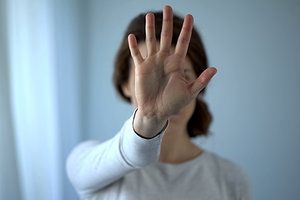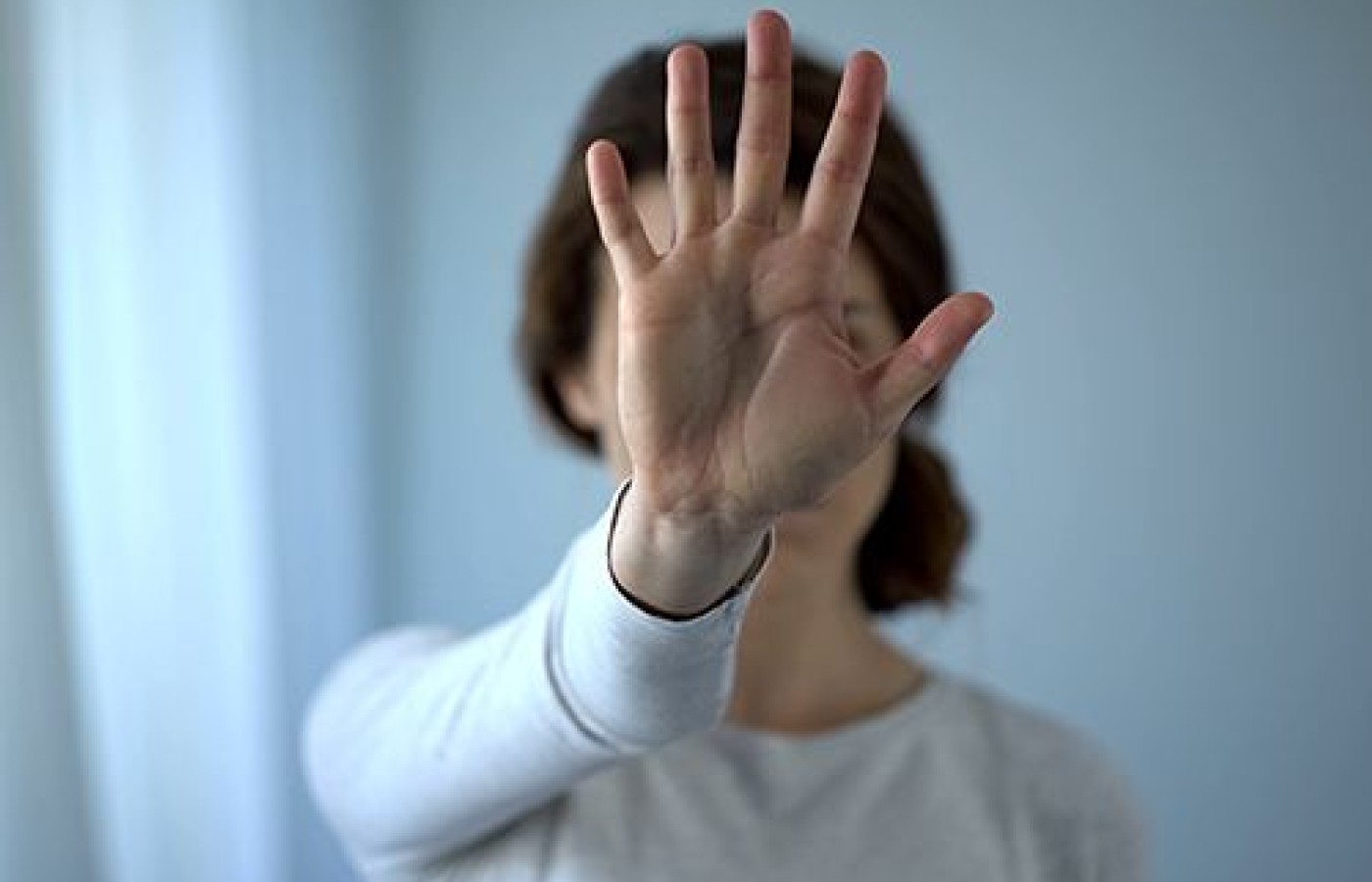The most important relationship I seek to nurture in the treatment room is the one a patient has with their own body. We live in a culture that teaches us to override pain, defer to outside authority, and push through discomfort. Patients often arrive hoping I can “fix” them, but the truth is, we can’t do the work for them. We can offer guidance, insight and support, but healing requires their full participation.
Combating All the "isms" in Asian Medicine, Pt. 2
Editor's Note: Part 1 of this article (November issue) discussed racism; part 2 focuses on sexism, body shaming, ageism and homophobia.
"I don't know why North Americans are so obsessed with sexual abuse," a global shiatsu school owner told me by phone. "It doesn't happen in Japan." Oh yeah? Groping (Chikan in Japanese) on commuter trains was so bad in Tokyo, women-only cars were created several decades ago, primarily at the request of the metropolitan police. Yet some men still force their way into women-only cars during peak hours.1
As I mentioned in part 1 of this article, which focused on racism, many in our field of Asian medicine live in a dream world unless we confront one another about the various "isms." It's time for all of us to reflect on bias in our training and current experiences; time to contemplate moments when we spoke out against bias or prejudice and those moments we sat in silence. Silence is no longer an option.
Sexism
Nini Melvin, director of Pathways to the Heart shiatsu school in Northampton Mass., objected to the way she was taught yin / yang as polarized opposites with sexist absolutes such as "yin – female, weak, dark, passive vs. yang – male, strong, bright, active."

As a teacher, Nini transformed yin / yang into a more fluid concept beyond stereotypes. She talks about the "unification of Yin / Yang – not polarization," and uses lyrical descriptions: "Yin has the gift of listening. Yang listens to Yin and takes action."
Nini and I, and our colleagues at the enlightened schools of shiatsu in Germany, Switzerland and Austria, where we have both taught over the decades, are aware of combined efforts to remove sexist language from the patriarchal training we received in the l970s and l980s. Equally important for those of us who depend on translators (in our classes, books and articles) is insisting on both male and female endings in the German language for our neuter nouns such as doctor, nurse, dentist, student, client, practitioner and instructor.
But the laugh was on me a few years ago in Berlin at Shiatsu Zentrum Edith Storch. Twenty of the students were women and two were men, one of whom said to me during the break: "Pamela, please remind your translator to include the male endings!" Whoops!2
It's ironic to think it took years before schools on both sides of the pond introduced meridian charts and dolls in the female form, considering that most students and clients are women!
On the flip side, I can remember urging my male colleagues at one acupuncture school to balance the obsession with OB/GYN courses by crafting a course on male health to deal with issues such as early-onset testicular cancer, infertility, premature ejaculation, and prostate problems. As all my male students were talking to me and not their male professors about such issues, I felt it was high time we addressed their specific needs. My male colleagues squirmed in their chairs. "OK," I said. "If you guys won't do this. I will!" I pioneered the course initially in Germany and Switzerland.3
Body Shaming
A global master of qigung had such a misogynistic prejudice against overweight students, remarked a close LAc buddy of mine, "He put one student down so often she withdrew from the class. He told her she was too fat to perform qigung." Alas, no one in the class challenged him!
I shared these concerns with Austin, Texas-based qigung and martial arts teacher John Ballard, who said, "When folks pay a lot for our training, they sit in silence; they want to believe the teacher has spiritual power – it's all an illusion." During his own training, John spoke out so forcefully against racism, sexism and body shaming that he was considered a "disruptive force" in the dojo.
My own sister-in-law was enraged after an unfortunate experience with an LAc who body shamed her repeatedly by remarking on her "fat ass." (Can you believe it?) I told her never to choose an LAc without a direct referral from me or a colleague. It was hard to reassure her that her encounter was far from the norm.
Ageism
Two very successful acupuncturists who trained at different schools in their late 40s / early 50s, after years of experience in careers such as psychology and education, complained about being told by instructors, "You are too old for this medicine" or "You will never get clients." Another colleague of mine who was pregnant during her training was told by her instructor, "Women can't accomplish anything until after their childbearing years."
Homophobia
"That's a very sexist remark," I told a school owner in student clinic during my own training when – in front of the entire class – he diagnosed a young gay woman as "kidney deficient because she didn't sleep with men." I think this was the first time anyone had ever challenged him. I heard about another instance – at a different school – in which an instructor asked all the gay students to stand up and "out" themselves as a skewed way of "honoring" them. Everyone sensed inverted homophobia. He did not last long at that school.
Steve Rogne, AOBTA-CI, director of Zen Shiatsu Chicago, is currently planning programs in diversity; and as a way of honoring the transgender community, has introduced a gender-neutral anatomy chart. The FSMTB also offers an excellent CE course on sex and gender identity.4
References
- "Japan Struggles to Overcome Its Groping Problem." Japan Times, March 17, 2018.
- Ferguson PE. "There Really Is No Room for Sexism." Acupuncture Today, April 2015.
- Ferguson PE: "Men's Health From Male Cycles to Andropause." Acupuncture Today, July 2014.
- "Cultural Competence: Sex, Gender, Gender Identity and Sexual Orientation." CE course offered by the Federation of State Massage Therapy Boards (FSMTB) and Reach4CE.org.



